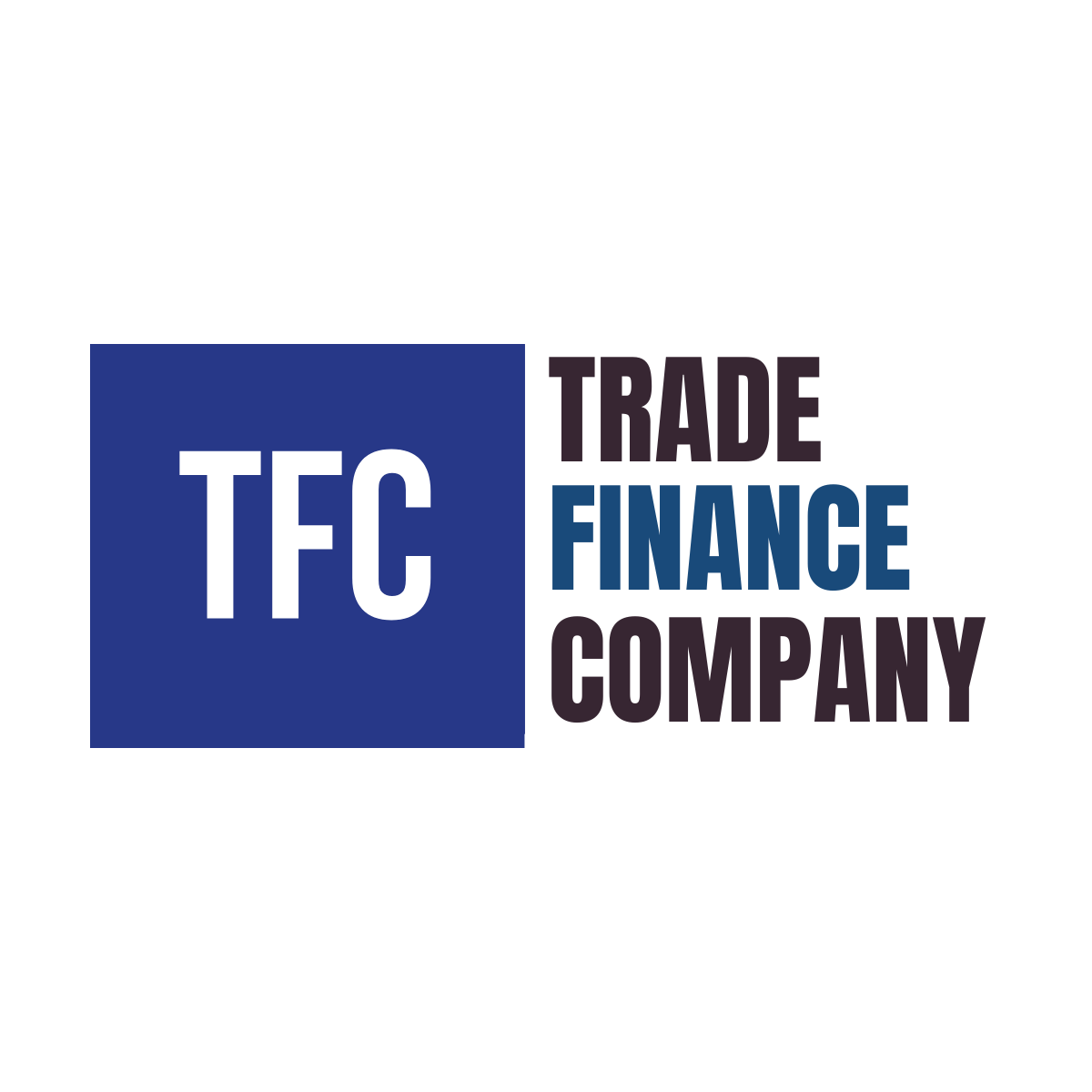Understanding Ready, Willing, and Able (RWA) in Trade Finance
The success of any trade finance transaction hinges on trust and assurance. In the complex world of international commerce, the “Ready, Willing, and Able” (RWA) letter is a cornerstone document that reassures all parties involved. It certifies a party’s financial readiness and intent, making it a vital tool for fostering confidence in high-stakes trade agreements.
By reading this blog, you’ll gain a clear understanding of how RWA letters work, their importance in trade finance, and actionable steps to use them to secure smoother, more reliable transactions.
Let’s paint a picture: You’re about to enter into a significant trade deal, but doubts linger in the minds of your potential partners. They need assurance that you’re financially ready, committed, and capable of fulfilling your obligations. Without this confidence, the deal could fall apart. This is where an RWA letter becomes your lifeline. It’s not just a document; it’s a promise—your guarantee that you’re ready to proceed. With an RWA in hand, you replace doubt with trust, opening doors to lucrative trade opportunities and solid partnerships.

“An RWA letter is the backbone of trust in trade finance, providing clarity and confidence to all parties involved,”
says John Blake, an expert in international trade compliance.

By the end of this blog, you’ll learn not only the purpose and benefits of RWA letters but also practical ways to leverage them to enhance trust and secure successful trade finance transactions.
When to Use RWA Letters:
Ready, Willing, and Able (RWA) letters are most effective when entering high-stakes contracts or exploring new markets. These letters demonstrate your financial capacity and commitment to fulfilling the terms of the agreement. By offering assurance to your trade partners, RWA letters can help establish trust and facilitate smoother negotiations.
Work with Credible Institutions:
The credibility of an RWA letter depends heavily on the reputation of the issuing bank or financial institution. A trusted institution ensures that the letter is taken seriously by the other party, boosting confidence in your financial standing. Partnering with a reputable bank also minimizes the risk of disputes over the validity of the letter.
Customize Your RWA:
Tailor the content of the RWA letter to address specific concerns or requirements of your trade partner. Include precise details about the financial scope, project commitments, and other relevant assurances. A well-customized RWA letter demonstrates attention to detail and a commitment to fulfilling the agreement.
Combine with Other Instruments:
For added security and assurance, pair your RWA letter with complementary financial tools like Letters of Credit or Bank Guarantees. This combination provides a comprehensive financial framework, covering both commitment and performance risks. Using multiple instruments signals professionalism and enhances trust in your business dealings.
Prepare the Required Documentation:
To ensure a smooth process, gather all necessary documentation, such as financial statements, transaction details, and trade agreements, before requesting an RWA letter. This preparation reduces the risk of delays and allows the bank to issue the letter promptly. Being proactive demonstrates reliability and keeps the transaction on track.



